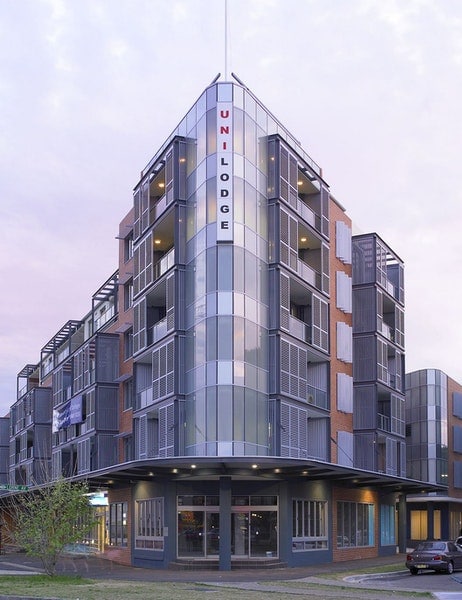You are here : Home » Insights »
Singapore-based SC Capital Partners’ SCORE+ fund is doubling down on real estate linked to education, urbanisation and technology across Asia Pacific, as it prepares to reopen for subscriptions later this year.
 Jyoti Ramchandani (image: SC Capital Partners)
Jyoti Ramchandani (image: SC Capital Partners)
“For us, the strategy is based on the key themes of education, urbanisation and the maturity of cities, and technology,” SCORE+ fund manager Jyoti Ramchandani told APAC Real Estate.
SCORE+ is SCCP’s flagship core and core-plus fund and invests in gateway cities across Japan, Australia, New Zealand, Singapore, Hong Kong, and South Korea.
The fund, which is in its closed-end phase, has deployed about 72% of the US$451.5m in equity commitments that it raised in 2017.
The fund remains bullish on education-related property investments, whether it’s tuition centres, offices occupied by university tenants or student accommodation like its Kensington student housing asset in Sydney.
“We have a lot of conviction in the education market and when you look at the big picture across Asia, education as a percentage of consumption has increased over time,” Ramchandani said.
It comes as Australia’s popularity among overseas students continues to rise, while other countries like Japan have started to encourage foreign students through relaxed immigration requirements.
In addition to education, the SCORE+ team is focusing on urbanisation across Asia, where GDP and population growth show promising signs.
Technology is also a key driver in its investment strategy, betting on the real estate needs of the rapidly growing e-commerce sector.
“We feel that consumer trends have changed significantly and consumer demand for more immediate home delivery will only continue to grow,” the fund manager said.
The fund has zeroed in on logistics assets like its 282,922 sq.ft. K-Log logistics facility in Seoul, however it also counts data centres as part of its technology focus.
The SCORE+ team, led by Ramchandani, is finding it harder and harder to acquire core assets in gateway cities that deliver the right returns, as competition continues to intensify amid late-cycle conditions.
“There is a huge amount of liquidity chasing core assets and there are a lot of core funds out there, so competition is really high,” she said.
“There’s a lot of capital out there and as a result, prices are being pushed higher and yields are coming down, so it’s not an easy environment.”
As a result, they have focused on bolstering their team and bringing in experts to strengthen their efforts in crowded markets like Australia and Japan.
Natalie Massey, most recently the regional director of acquisitions at LaSalle Investment Management in Sydney, and Emi Wakizaki, who has more than 18 years of property investing and banking experience in Japan and China, both joined the team earlier this year.
In terms of strategy, the team is looking at assets that they can actively asset manage, whether it’s a little bit of enhancement or repositioning to boost rents and overall performance.
The fund, which has a target of 10-12% gross returns with semi-annual dividend distributions, is also focusing on growth corridors within its markets, where the competition is less fierce.
In Australia, for example, the popular Sydney and Melbourne markets have had a very good run lately, while smaller markets like Perth, Adelaide and Brisbane still have some growth left to run, Ramchandani noted.
The same goes in Japan, where the fund recently acquired an asset in Yokohama, a city within Greater Tokyo.
“For every deal we put forward an offer on that is on the open market, we’re seeing many bids on it, so we have to think quite creatively about how we are going to underwrite it if we really want to secure that asset,” she said.
“We’re very disciplined in how we invest so we wouldn’t price to win just to secure an asset, we would need a strategy to support our price. You have to continuously think out of the box and it’s not easy to be creative every single time.”
The SCORE+ team are also on track to reopen the fund for new subscriptions later this year.
The fund is scheduled to open up and accept new capital on an ongoing basis like an evergreen fund once it is about 95% deployed.
That said, the late property cycle conditions will only make it tougher to invest new capital into core and core-plus assets.
“Inevitably property does go through cycles and it’s always difficult to anticipate when the downturn is coming, so we’re trying to deal with that by building some resilience into our portfolio which is why we go back to some of the themes like education,” the fund manager said.
Founded in 2004, SC Capital Partners is based in Singapore and has operations across Hong Kong, Bangkok, Tokyo and Shanghai.
